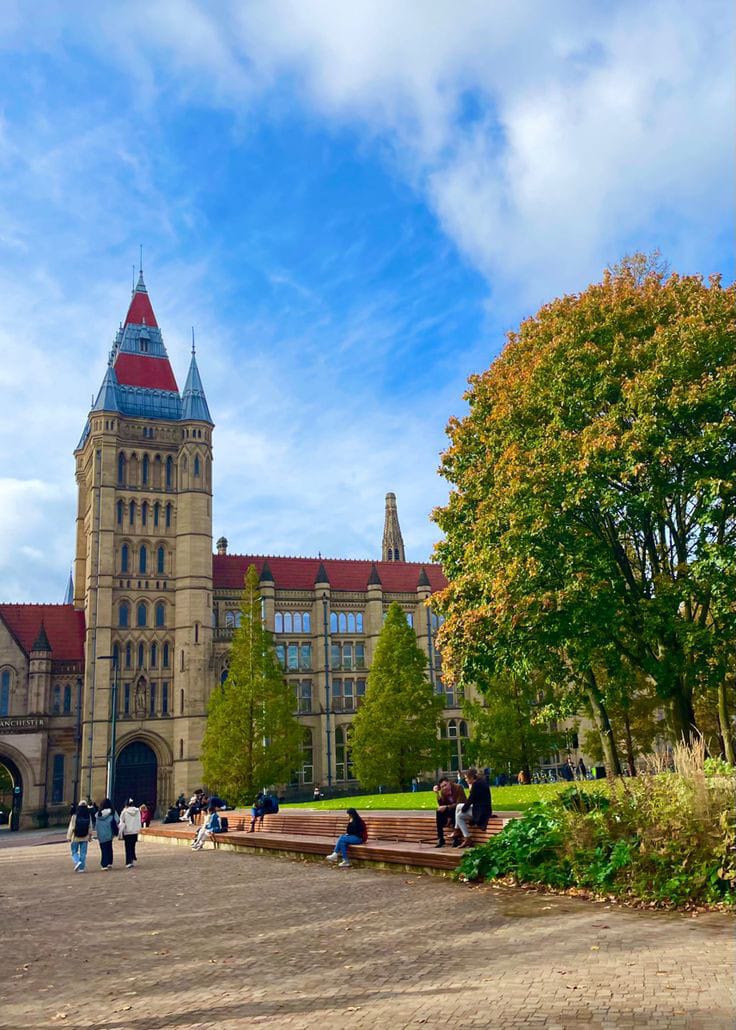Introduction to Studying Medicine in France
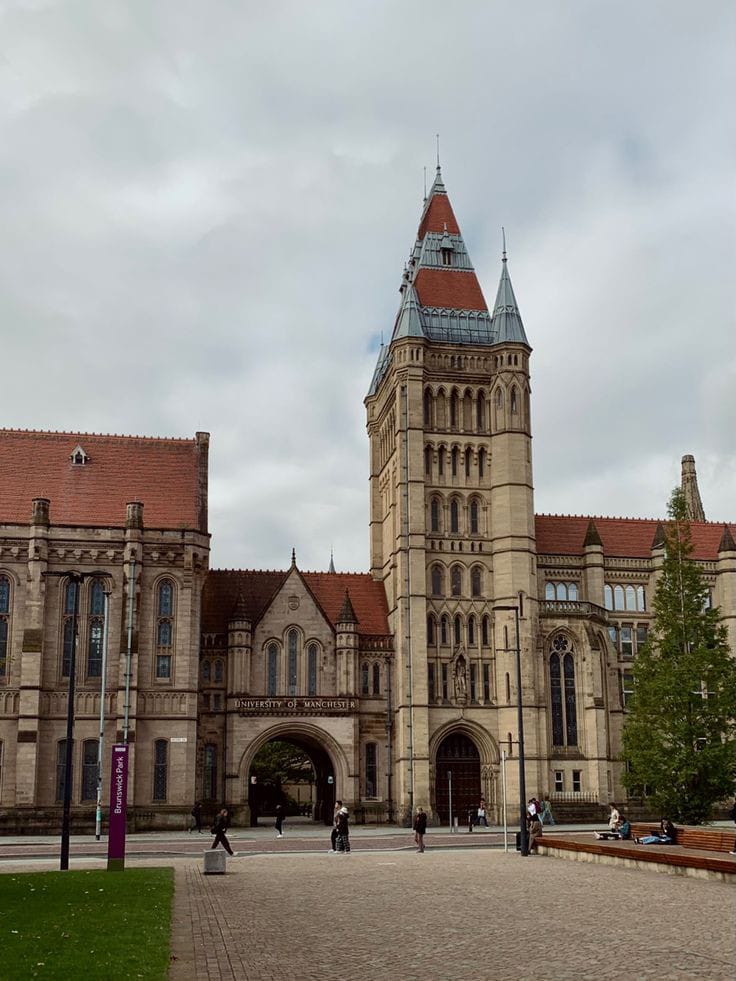
For world students, studying medicine in France offers an exceptional pathway to high-quality education, diverse clinical experience, a unique cultural setting. France is renowned for its medical institutions , making it an attractive choice for aspiring doctors in the world.
French medical schools provide a structured and rigorous curriculum that includes theoretical knowledge, practical experience, and extensive clinical training. Additionally, international students benefit from lower tuition costs than many other countries, with numerous scholarship opportunities available to offset expenses.
Why Study Medicine in France?
Studying medicine in France presents several unique advantages for international students. From the country’s world class healthcare system to its high standards of education, here are some key points why France is an appealing destination for medical studies:
- Globally Respected Medical Education: France is home to some of the world’s top-ranked medical schools, which provide high-quality education and training. French medical degrees are recognized globally, enabling graduates to pursue careers internationally.
- Affordable Tuition Fees: Unlike many other countries, France offers lower tuition fees, especially for public universities. This makes it an attractive option for students seeking an affordable yet prestigious education. Additionally, scholarships and financial aid opportunities are available specifically for international students.
- Comprehensive Clinical Training: France emphasizes hands-on, practical learning experiences; ensuring students are well-prepared for real-world medical scenarios. Medical students in France participate in extensive clinical rotations and gain early exposure to patient care, which is essential for a successful career in medicine.
- Cultural Experience and Language Skills: Studying in France provides a rich cultural experience and the opportunity to become fluent in French, a skill valued in many regions of the world. For those looking to work in francophone countries or pursue international medical careers, French language proficiency is a significant assets.
- Strong Career Opportunities in France and Abroad: France has a growing demand for medical professionals, making it easier for graduates to secure internships, residencies, and jobs post-graduation. The robust healthcare system also offers various specializations and research opportunities, allowing students to advance in their chosen fields.
Overview of the Medical Education System in France
France’s medical education system is highly structured, offering a pathway that combines rigorous theoretical coursework with hands-on clinical training. Here’s a breakdown of the key stages;
- First Cycle (PACES or PASS/LAS): The initial cycle typically takes two years and includes a competitive first year known as PACES (Première Anne Commune aux Etudes de Santé) or its newer alternatives, PASS (Procures daces specified Santé) and LAS (License avec Access Santé). This stage focuses on foundational subjects such as biology, chemistry, and anatomy. At the end of the first year, students must pass a highly competitive exam to continue
- Second Cycle (DFGSM): Spanning three years, this cycle, called DFGSM (Diploma de Formation General eon Sciences Medicals), builds on foundational knowledge and introduces clinical subjects. Students begin clinical rotations in hospitals, gaining essential hands on experience.
- Third Cycle (DFASM and Internship): This final phase is split into two parts:
- DFASM (Diploma de Formation Approfondie en Sciences Medicals): The first three years of the third cycle, combining advanced courses with more specialized clinical rotations.
- Internship (Internet): After DFASM, students begin a 3- to 5-year internship, depending on their specialty. During this period, they gain in-depth practical experience and can choose a specific field, such as surgery, pediatrics, or general medicine.
- Final Licensing Exam and Residency: Upon completing the internship, students must pass the national medical licensing exam. Afterward, they receive their diploma and can either pursue further specialization through a residency or start practicing medicine.
Before applying to medical school in France, international students must fulfill certain pre-medical requirements. These prerequisites ensure that applicants have the necessary academic background and skills to succeed in France’s rigorous medical programs.
Educational Prerequisites
- High School Diploma: Applicants must have completed a high school education equivalent to the French Baccalaureate with strong grades, particularly in science subjects.
- Foundation in Sciences: Since medical studies in France are heavily science-focused, students are expected to have a solid foundation in subjects like biology, chemistry, and physics. This is particularly essential for succeeding in the first year of medical school.
- French Language Proficiency: As most medical programs are taught in French, proficiency in the French language is crucial. Many universities require international students to pass a language proficiency exam, such as the DELF (Diploma detrudes en Langue Françoise) or DALF (Diploma Approfondi de Langue Françoise), to demonstrate adequate language skills.
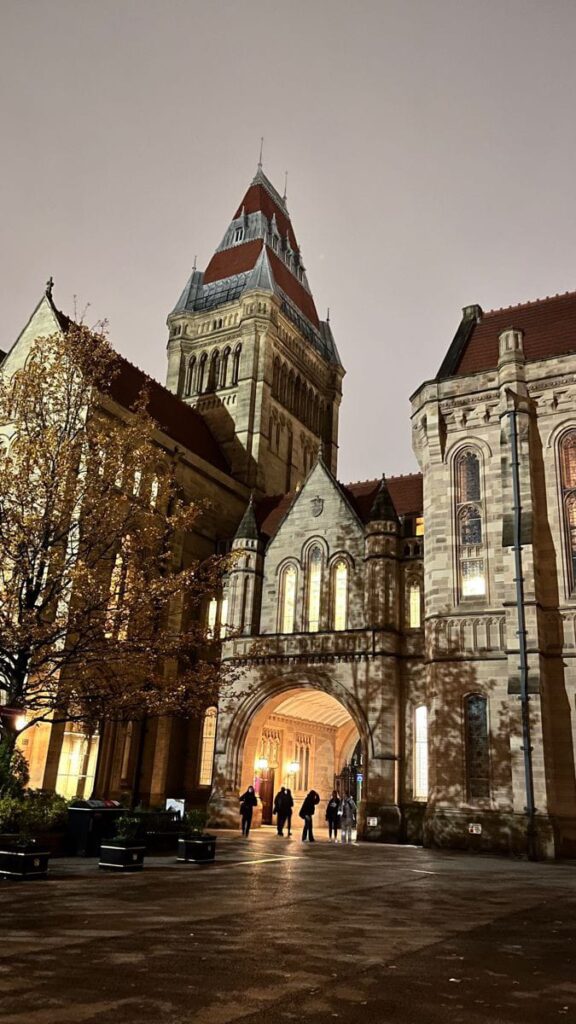
Recommended High School Subjects
To strengthen their applications, prospective medical students are advised to focus on these key high school subjects:
- Biology; An understanding of human biology, anatomy, and physiology provides an advantage during the first year of medical studies.
- Chemistry: Knowledge of general and organic chemistry is essential for coursework related to pharmaceuticals, metabolic processes, and biochemistry.
- Physics: A solid grounding in physics aids in understanding areas like radiology, medical imaging, and bodily functions.
- Mathematics: Proficiency in mathematics, especially statistics, can support data analysis and research skills later in medical training.
Entrance Exams Required
The first year of medical school, known as PACES, PASS, or LAS, involves a competitive entrance exam that all students must pass to continue their medical studies. This exam assesses knowledge in the sciences and often includes sections on biology, chemistry, and general reasoning. It’s crucial to prepare thoroughly, as only a limited number of students are admitted to the second year.
Step 2: Applying to Medical School in France
The application process for international students aiming to study medicine in France is highly competitive and requires thorough preparation. From gathering essential documents to adhering to strict timelines, here’s a step-by-step guide on how to successfully apply to a French medical school;
Application Process for International Students
- Research and Choose a Program: First, explore the medical programs available at French universities and decide whether to apply through PACES, PASS, or LAS, as each pathway has distinct application procedures.
- Apply Through Campus France: Many international students apply to French universities via Campus France, the official French government agency responsible for higher education admissions for international students. Campus France provides a centralized platform for application submission, advice, and pre-departure guidance.
- Submit an Online Application: Once you’ve selected your desired program, complete an online application through the chosen university or Campus France portal. You’ll need to provide details about your academic background, language proficiency, and any other relevant qualifications.
- Language Proficiency Proof: As most programs are taught in French, you’ll likely need to submit proof of French language proficiency (DELF/DALF) if you’re not from a French-speaking country.
- Apply for Financial Aid or Scholarships: If you’re eligible, consider applying for financial aid or scholarships. Many institutions offer scholarships specifically for international students pursuing medical studies in France.
Key Deadlines and Timelines
The French academic year typically starts in September, and application deadlines vary depending on the university and specific program. Here are some general timelines:
- October to January: Most application portals open, so this is the best time to start preparing documents and researching programs.
- February to March: Complete and submit applications by this period, as deadlines are usually in the early spring.
- May to June: Interviews or language proficiency exams may be required at this stage.
- July to August: Admissions decisions are generally announced during these months, and accepted students can start preparing for their move to France.
Documents Required for Admission
To apply to a French medical school, ensure you have the following documents ready:
- Academic Transcripts: High school transcripts or equivalent academic records.
- Diploma or Certificate: Proof of high school completion, or equivalent qualification if applying as a recent graduate.
- Language Proficiency Certificate: DELF or DALF scores, or an equivalent certification demonstrating proficiency in French.
- Passport: A valid passport is required for identification and visa purposes.
- Recommendation Letters: Some programs may require letters of recommendation from teachers or mentors.
- Personal Statement or Motivation Letter: Many French universities ask for a motivation letter explaining why you wish to study medicine and your career aspirations.
Step 3: Medical School Structure in France
Medical school in France is organized into three primary cycles, each with distinct learning outcomes, coursework, and practical training. Here’s an overview of what to expect from each phase of the curriculum;
Overview of the Medical Curriculum
- First Cycle (PACES/PASS/LAS): The initial cycle spans one to two years, depending on the pathway (PACES, PASS, or LAS). This stage is highly competitive and focuses on foundational medical sciences, including biology, chemistry, anatomy, and biophysics. At the end of the first year, students must pass a rigorous exam, with only a limited number advancing to the next stage.
- Second Cycle (DFGSM): This three-year cycle, known as DFGSM (Diploma de Formation General Sciences Medicals), expands on foundational knowledge and introduces more advanced medical subjects. Students start clinical rotations during this cycle, allowing them to gain hands-on experience in hospital settings.
- Third Cycle (DFASM and Internship): The final phase includes the DFASM (Diploma de Formation Approfondie eon Sciences Medicals) followed by an internship. This cycle is dedicated to specialized coursework and intensive clinical training, typically lasting three years. Students can choose their specialty, such as general medicine or surgery, and focus on gaining expertise in their chosen fields.
Clinical Rotations and Practical Training
From the second cycle onward, clinical rotations become a significant part of the curriculum. Students spend time in hospitals and other healthcare settings, working alongside experienced doctors and medical professionals. These rotations allow students to apply theoretical knowledge to real-life medical situations, honing their diagnostic, treatment, and patient interaction skills.
Duration and Cost of Medical Education
In total, medical education in France takes approximately 9 to 11 years to complete:
- 1-2 years for the first cycle (PACES/PASS/LAS)
- 3 years for the second cycle (DFGSM)
- 3-5 years for the third cycle (DFASM and internship)
As for costs, tuition fees for public universities in France are relatively low compared to many other countries, often ranging between €200 and €500 per year. However, students should also budget for living expenses, which can vary significantly depending on the city. Scholarships are available for international students to help with these costs, making France an affordable destination for medical studies.
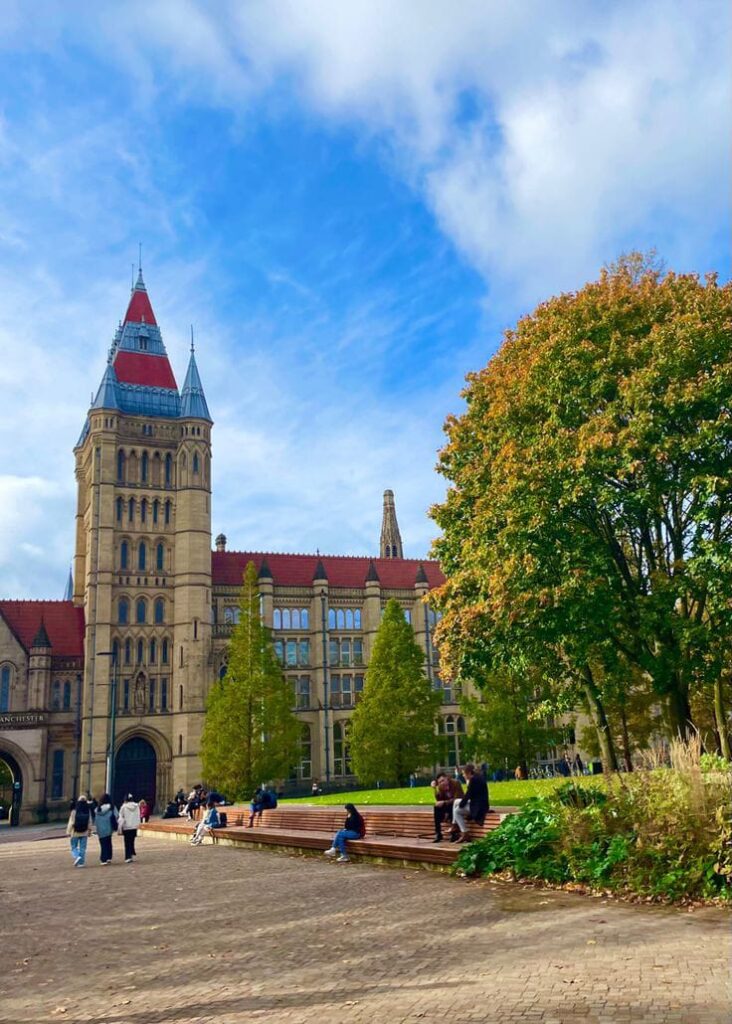
Step 4: Exams, Licensing, and Certifications
After completing their medical education in France, students must pass a series of exams and certifications to practice medicine legally. This process ensures that they meet the high standards required of healthcare professionals in France and prepares them for the responsibilities of patient care. Here’s a closer look at the key exams and certification requirements:
Required Licensing Exams in France
- Acne (Perceives Class antes Nationals Information): At the end of the second cycle, students must take the Acne, a national computerized ranking exam. The results of this exam determine each student’s specialty and location for their internship. This exam is highly competitive, and scoring well is essential to secure a preferred specialty and hospital placement.
- DES (Diploma detrudes Specializes): Upon completing the internship, students pursuing a medical specialty must obtain the DES, or Specialized Studies Diploma. This certification is awarded after completing additional training specific to the chosen field, such as pediatrics, anesthesiology, or cardiology. The DES is required for those who wish to practice as specialists in France.
- DE (Diploma d’état): For students completing the general medicine track, the State Diploma (Diploma d’état) is awarded after the internship. This diploma certifies them as qualified general practitioners and allows them to begin practicing medicine independently.
Certification Bodies and Exams After Graduation
To maintain professional standards, graduates must register with the French Medical Council (Conceal National de lorded des Medicines), the governing body responsible for licensing doctors to practice in France. The registration process verifies their credentials, educational history, and specialization, ensuring they meet all necessary requirements.
French medical graduates also have the option to pursue additional exams or certifications if they wish to practice internationally or in a specific subspecialty, which may require further training or examinations.
Step 5: Post-Graduation Pathways
After completing medical school in France, there are several pathways for international students to continue their medical careers. These pathways include internships, residency programs, and further specialization, which help medical graduates gain the experience and qualifications needed to practice as fully licensed doctors.
Internship and Residency Programs in France
- Internship (Internet): Upon passing the Acne and being allocated to a specialty, students begin their internship. This stage is critical for gaining hands-on experience in a clinical setting. Internships in France typically last three to six years, depending on the chosen specialty. During this time, students rotate through various hospital departments, working under the supervision of experienced doctors. The internship provides valuable practical training in diagnosing and treating patients.
- Residency: After completing their internship, doctors can continue their training by entering a residency program, which is generally required for those seeking to specialize further. Residency programs are available in various fields such as surgery, pediatrics, and neurology, among others. Residencies typically last between three to six years, depending on the specialty, and include advanced clinical practice, research, and teaching.
- Fellowship and Specialization: For those wishing to specialize even further, additional training through a fellowship program is possible. Fellowships allow doctors to focus on niche areas of medicine, such as cardiology, oncology, or infectious diseases. These programs usually last one to three years.
Steps to Achieve Full Medical Licensure
After successfully completing an internship and residency program, doctors must pass the final licensing exams (including any specialty exams, such as for general practitioners or surgeons) to obtain their full medical license in France. Once licensed, they can practice medicine independently in their chosen specialty.
Additionally, doctors in France are required to register with the National Council of Physicians (Conceal National de lorded des Medicines), which is responsible for overseeing medical professionals in France, ensuring they meet ethical and professional standards.
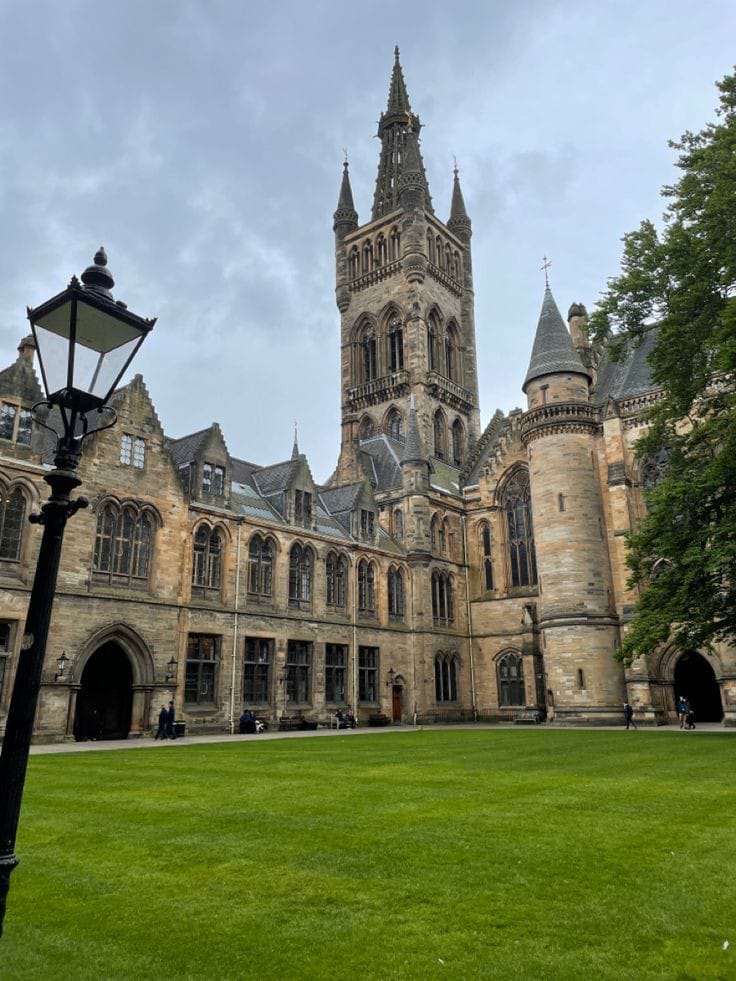
Specialization and Further Training Options
Once doctors have completed their basic training and medical licensing, they may choose to pursue additional qualifications or sub-specializations. Some options include:
- Specialized Diplomas (Diplomas Universities): These are postgraduate qualifications in specific medical fields, such as emergency medicine or sports medicine, which can be pursued after completing a general medical qualification.
- Research Opportunities: For those interested in academic medicine or clinical research, pursuing a Ph.D. in medical sciences or contributing to research studies is also a viable option. Research in France is well-supported by both universities and medical institutions.
Cost of Studying Medicine with Scholarship in France
Studying medicine in France is often considered a cost-effective option compared to other countries. However, it is important for international students to plan for both tuition fees and living expenses. Fortunately, scholarships and financial aid options are available to help ease the financial burden. Here’s what you need to know about the costs involved in pursuing a medical degree in France.
Tuition Fees for Medical Schools in France
- Public Universities: In France, public universities offer some of the most affordable tuition fees in Europe. For medical programs, tuition fees for non-EU international students generally range between €200 and €500 per year for undergraduate courses. However, fees can vary depending on the institution and specific program. For example, the first year of medical school (PACES/PASS) may have slightly higher fees due to additional administrative costs.
- Private Institutions: While most medical schools in France are public, there are a few private medical schools where tuition fees can be higher, typically ranging from €5,000 to €15,000 per year. These private institutions may offer more specialized programs or flexible admission requirements for international students.
Cost of Living, Scholarships, and Financial Aid Options
- Cost of Living: The cost of living in France can vary significantly depending on the city you choose to study in. Cities like Paris tend to be more expensive, with monthly living costs around €1,000 to €1,500 (excluding tuition), while smaller cities or rural areas may cost between €700 to €1,000 per month. Accommodation, food, transport, and personal expenses are the main factors contributing to these costs.
- Scholarships for International Students: Several scholarship programs are available for international students pursuing medical studies in France, such as:
- Eiffel Excellence Scholarship Program: This prestigious scholarship offers financial support to students from outside the European Union, covering tuition, living expenses, and travel.
- Campus France Scholarships: Campus France, the French government agency for international students, offers various scholarships for medical students, particularly those from developing countries.
- University-Specific Scholarships: Many French universities offer merit-based or need-based scholarships for international students. These scholarships can cover part of the tuition or living costs.
- Other Financial Aid: Some students may be eligible for financial aid programs based on their home country’s agreements with France. Additionally, students may seek part-time work opportunities while studying in France, as the French government allows international students to work up to 20 hours per week during the academic year.
Visa Requirements for International Medical Students
As an international student planning to study medicine in France, obtaining a student visa is a crucial step. The French government has specific visa requirements for students from outside the European Union (EU) or European Economic Area (EEA). Below is a detailed guide on the visa process and other essential considerations for studying in France.
Student Visa Process for France
- Types of Student Visas: There are two main types of visas for international students:
- Long-Stay Student Visa (VLS-TS): This is the most common visa for students planning to stay in France for more than 6 months. It is valid for up to one year and allows you to stay for the full duration of your medical studies.
- Short-Stay Student Visa: For students who plan to study for duration of less than 6 months, this visa is a more temporary option. However, most medical programs will require the long-stay visa due to their duration.
- Application Process:
- Step 1: Apply for Admission: Before applying for a student visa, you must first be accepted into a French medical school. Once you receive an offer, you can begin the visa application process.
- Step 2: Submit Visa Application: Visit the nearest French consulate or embassy in your country to submit your visa application. You will need to complete the visa application form and submit various documents, including:
- Valid passport
- Proof of financial means (to demonstrate that you can support yourself during your stay)
- Health insurance coverage
- Proof of accommodation in France
- Step 3: Attend an Interview: Depending on your nationality, you may be asked to attend an interview at the consulate or embassy to discuss your plans and qualifications.
- Step 4: Receive Visa: If your application is successful, you will receive your student visa. This may take a few weeks, so be sure to apply well in advance.
- Residence Permit: Upon arrival in France, international students holding a long-stay student visa must validate their visa and register with the OFII (Office François de Immigration ET de Integration). This process is required to allow you to live and study in France legal.

Work Permit and Post-Graduation Work Opportunities
- Work Permit during Studies: International students in France on a student visa are allowed to work part-time during the academic year, typically up to 20 hours per week. During the summer months, students may be eligible to work full-time. While working part-time cannot cover all living expenses, it can provide some additional financial support.
- Post-Graduation Work Opportunities:
- Post-Graduation Visa: After completing your medical degree in France, you may apply for a temporary resident permit that allows you to stay in the country for up to 12 months to seek employment in the medical field. If you find a job in your area of expertise, you may be eligible for a work visa.
- Permanent Residency: After several years of working in France and contributing to the economy, international graduates may apply for permanent residency. This would allow you to live and work in France without the need for a visa.
Career Prospects for Doctors in France
France offers excellent career prospects for medical graduates, with opportunities in both public and private healthcare sectors. The country has a robust healthcare system, and doctors are in high demand due to the aging population and the continuous need for specialized care. Here’s what aspiring doctors can expect regarding job markets, salaries, and employment opportunities after completing their medical education.
Job Market for Medical Graduates
- High Demand for Medical Professionals: France is home to one of the most advanced healthcare systems in the world, and as such, the demand for qualified medical professionals remains high. With a growing population and an increasing need for healthcare services, there is consistent demand for both general practitioners and specialists across various regions of the country.
- Opportunities for Specialization: Specialization is a key factor for job opportunities in France. Highly specialized doctors, such as surgeons, cardiologists, and anesthesiologists, are sought after, particularly in large cities and private healthcare institutions. Some specialties, like geriatrics and psychiatry, are in higher demand due to demographic changes.
- Urban vs. Rural Areas: While large cities like Paris, Lyon, and Marseille have a high concentration of healthcare facilities, doctors are also needed in rural and underserved areas. As part of the French healthcare system, doctors who work in these regions may be eligible for financial incentives or reduced working hours.
- Public vs. Private Sector: French medical graduates can choose to work in the public healthcare system, which is government-funded, or in private practice. Working in public hospitals offers the benefit of stability, established healthcare infrastructure, and a large patient base. Private practice, on the other hand, offers more flexibility and potential for higher earnings, but may come with more administrative responsibilities.
Expected Salaries and Employment Opportunities
- General Practitioners (GPs): As a general practitioner, doctors can expect to earn between €3,000 to €6,000 per month in their early career stages, depending on experience and location. In some rural areas or during the early years of practice, the salary may be on the lower end of this range, while urban areas may offer higher salaries.
- Specialists: Specialists, such as surgeons, cardiologists, and dermatologists, typically earn more than general practitioners. Salaries for specialists range from €5,000 Salaries in the Private Sector: Doctors working in private practice can often earn more than those working in public institutions. For example, a successful surgeon or specialist in private practice can earn €10,000 or more per month, depending on the demand for their services and the number of patients they see.
- to €15,000 per month, depending on the specialty, level of experience, and whether they work in the public or private sector.
- Additional Benefits: Doctors in France are also entitled to several benefits, including:
- Pension Plans: France has a strong social security system, and medical professionals are entitled to retirement pensions based on their earnings.
- Health Insurance: French doctors are generally covered by the national health insurance scheme (Security Social), which offers comprehensive coverage for medical expenses.
Conclusion
Studying medicine in France offers an exceptional opportunity for international students to receive a world-class education in one of the most advanced healthcare systems in the world. From affordable tuition fees and various scholarship options to post-graduation career prospects, France provides an attractive environment for those looking to pursue a medical career. However, it’s essential to understand the admission process, educational requirements, visa procedures, and post-graduation pathways to ensure a smooth journey through the educational system.
Key Takeaways for Aspiring Doctors
- World-Class Education: France’s medical schools are renowned for their rigorous training programs, offering students access to high-quality education and a comprehensive healthcare system.
- Affordability: With relatively low tuition fees in public institutions and numerous scholarship opportunities, studying medicine in France can be a financially viable option for international students.
- Post-Graduation Opportunities: France provides multiple pathways for graduates, including internships, residency programs, and specialization. The medical job market is strong, offering competitive salaries and the opportunity to work in both public and private sectors.
- Visa and Work Options: International students can work part-time during their studies, and there are clear pathways to remain in France post-graduation for job opportunities, with the potential for permanent residency.
- Campus France: The official government agency for international students offers a wealth of information on studying in France, including scholarships, visa requirements, and application procedures. Visit Campus France.
- French Ministry of Higher Education, Research, and Innovation: Provides official information on universities, programs, and higher education requirements in France. Visit the Ministry’s Website.
- The French National Medical Council (CNOM): For details on the medical licensing process and requirements in France. Visit CNOM.
- World Health Organization (WHO) on France’s Healthcare – WHO – France Health System
- Provides insight into the healthcare system in France, including medical professionals’ roles, healthcare access, and life expectancy rates.
- Study in France – Official Guide for International Students – Study in France
- A government-backed platform dedicated to helping international students find the best programs, including those for medicine.
- French Embassy in Your Country (Visa Information) – Embassy Visa Section
- Visit the French embassy website in your country for specific visa application procedures and necessary documents.
- Scholarships for International Students (Scholarship Portal) – Scholarship Portal
- A great resource for international students looking for scholarships to study in France, including in the medical field.
- French Medical Licensure and Residency Information (Government) – Residency Info France
- A comprehensive guide for aspiring doctors about medical licensure, internships, and residency programs in France.

